News

Apr 07, 2025
Forty-two graduate students recognized with University awards
Annual awards celebrate graduate students' impact in research, scholarship, teaching, outreach and more.
Full Article
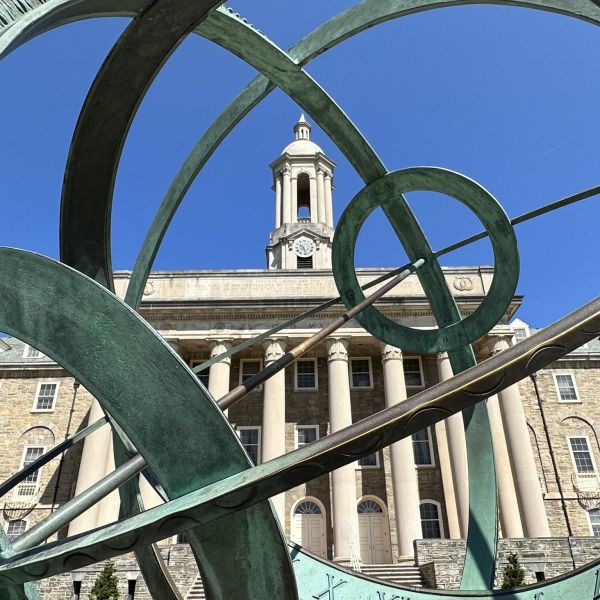
Mar 28, 2025
Four Penn State faculty elected AAAS Fellows
Four Penn State faculty members in areas ranging from agriculture to the biological sciences, geology and physics have been elected to the latest cohort of fellows of the American Association for the Advancement of Science (AAAS), the world’s largest general scientific society and publisher of the journal Science.
Full Article
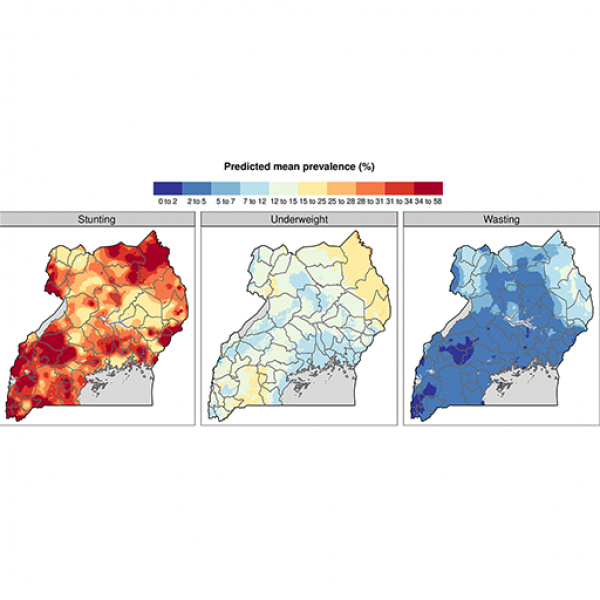
Mar 20, 2025
Rainfall and drought linked to childhood growth outcomes in Uganda
Rainfall and long-term water availability in a region before a woman becomes pregnant and during pregnancy predicted future growth outcomes of children in Uganda, according to new research led by a team from the Penn State Health Milton S. Hershey Medical Center and the Penn State College of Medicine.
Full Article
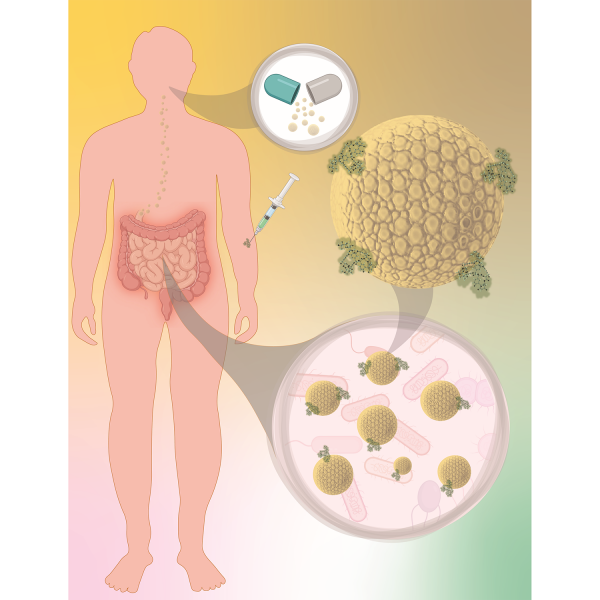
Mar 18, 2025
FDA-approved dialysis drug may help fight against antimicrobial resistance
The study, conducted in mice, revealed that sevelamer can successfully remove off-target antibiotics from the gut.
Full Article

Mar 17, 2025
Ag Sciences research institute SAFES funds projects addressing critical issues
Penn State’s College of Agricultural Sciences, through its Institute for Sustainable Agricultural, Food and Environmental Science, known as SAFES, announced funding awards to accelerate the advancement of its Critical Issues Initiatives. These initiatives serve as the college’s impact hubs, addressing urgent and high-impact challenges through targeted efforts and innovative projects.
Full Article

Mar 17, 2025
Virtual lecture to explore the importance of maintaining healthy ecosystems
On March 25, Erika Ganda, an assistant professor in Penn State’s Department of Animal Science, will discuss via Zoom how microbes in animals, people and the environment are interconnected through a concept known as “One Health.” The lecture is part of the Penn State Alumni Association's Virtual Speaker Series.
Full Article
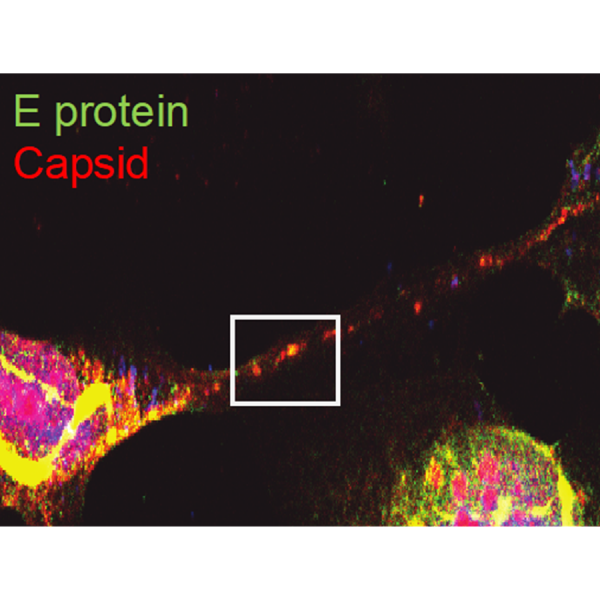
Mar 17, 2025
Tunnel-building virus: How Zika transmits from mother to fetus
A team of researchers from Penn State and Baylor College of Medicine found that the Zika virus builds tiny tunnels, called tunneling nanotubes, to stealthily transport material needed to infect nearby cells, including in placental cells.
Full Article

Mar 17, 2025
Graduate students to present their journeys in science
Graduate students Nazifa Tabassum and Katie Yan are this year's I AM STEM contest winners. They will serve at this year's keynote speakers for ENVISION on Saturday, March 29, where they will share their experiences in STEM and provide advice to middle school and high school students eager to get involved as scientists.
Full Article
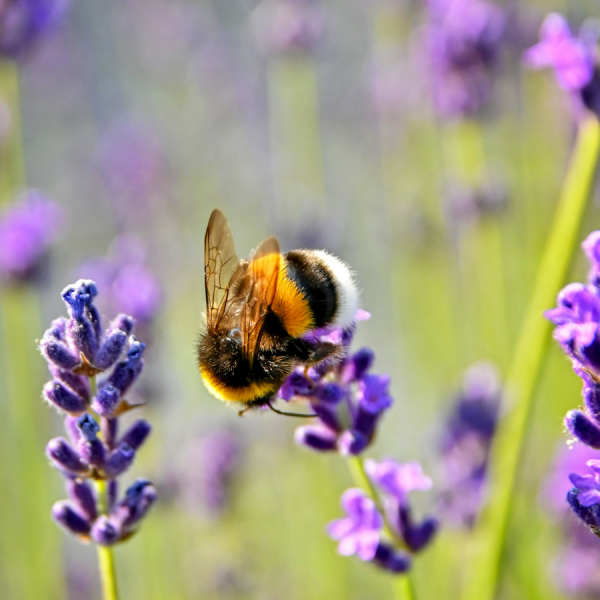
Mar 12, 2025
Analyzing genetic ‘signatures’ may give insight into what stresses wild bees
A new method of examining gene expression patterns called landscape transcriptomics may help pinpoint what causes bumble bees stress and could eventually give insight into why bee populations are declining overall.
Full Article
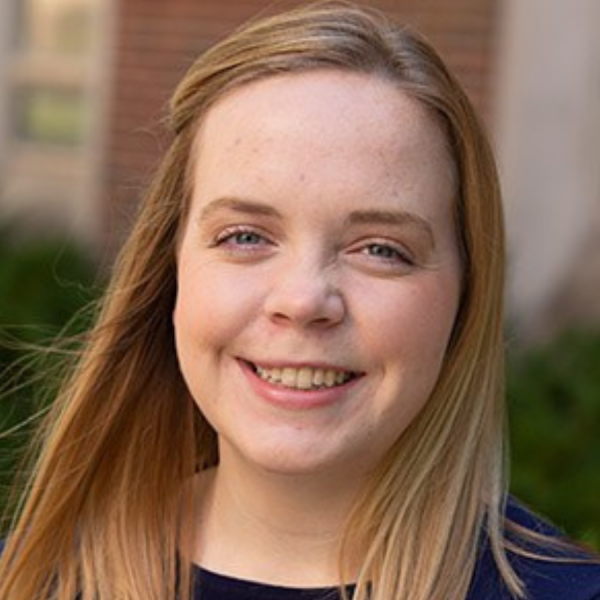
Feb 28, 2025
Penn State Ag student Auja Bywater wins global research award
Auja Bywater, a doctoral student in Penn State’s College of Agricultural Sciences, has been awarded second prize in the Global Challenges University Alliance (GCUA) 2030 research competition for her work titled “Improving Food Safety in Controlled Environment Agriculture Systems.”
Full Article